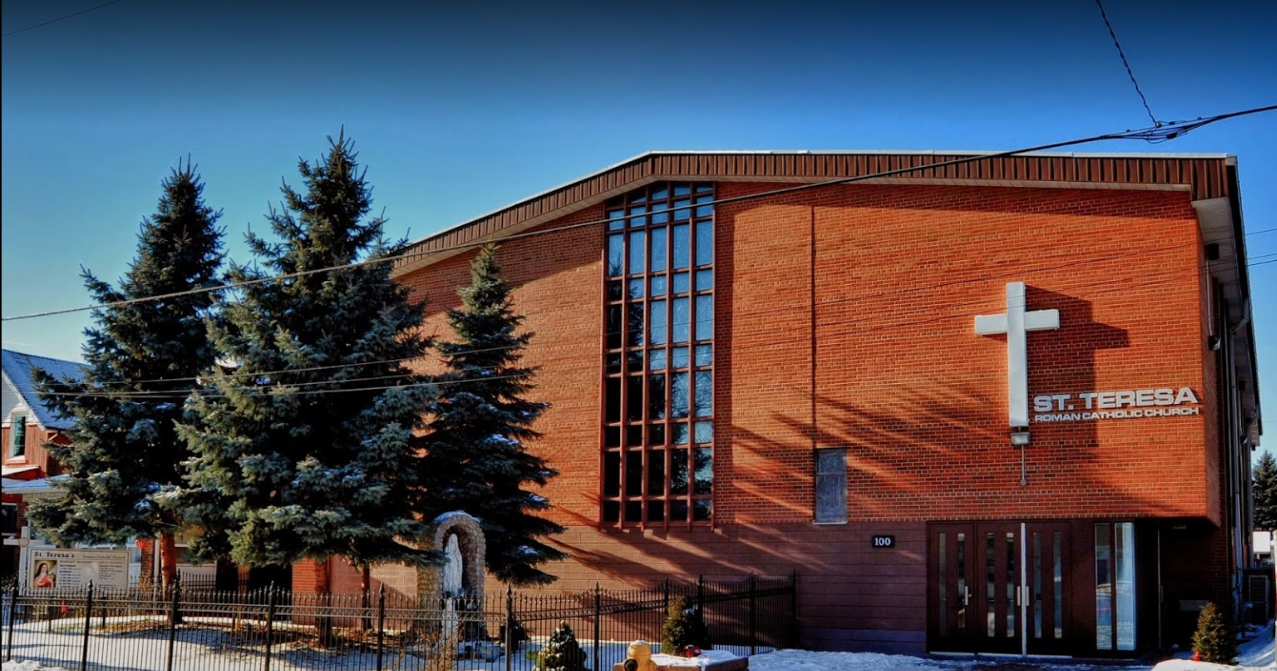
A Closer Look at Mother Mary
On January 15, 2022, Dr. Josephine Lombardi will be leading a workshop titled, “Mariology: Past and Present,” which will delve into current developments in the study of Mary. A part of St. Augustine’s Seminary’s Lay Spiritual Formation series, Dr. Lombardi shares a preview below.
What is Mariology?
Mariology, simply put, is the theological study of Mary, the mother of Jesus. Mariologists study the life of Mary in Scripture and the development of doctrine pertaining to her life and mission.
What sort of an impact has studying Mary had on you?
Since childhood, I’ve had a very close relationship with Mary. My mother, Maria, was born on the Feast of Our Lady of the Rosary. My mother’s influence contributed to my emotional and spiritual development, encouraging me to cultivate a devotion to Mary. Studying Mary’s life, and the various dogmas associated with her mission, has deepened my faith and increased my knowledge of Mary’s role in salvation history. This study inspired my sabbatical project—a film on the life of Mary and her influence on other women, “The First Lady and Her Successors.”
Your workshop is going to be exploring current developments in the study of Mary. Can you offer a preview of what this means? How can there be current developments in studying Mary?
There are a few exciting developments regarding the study of Mary. My workshop will cover two key developments. The first is the renewed interest in Mary among other Christian communities. After the Protestant Reformation, some Christians no longer considered Mary worthy of their devotion. Recent dialogue with other Christians has shown a renewed interest of the life of Mary. Some joint documents have been published on the topic of Mary in ecumenical dialogue.
The other key development involves the discussion around a proposed, fifth Marian dogma. There are four Marian dogmas or teachings formally revealed by God regarding Mary: Ever Virgin; Mary, Mother of God; Immaculate Conception; and Assumption of Mary. Over the past fifty years, some theologians and bishops have proposed a fifth Marian dogma, that of Mary as co-redemptrix.
The fifth proposed dogma affirms Mary's unique participation in the redemption accomplished by her son, Jesus. The Latin prefix “co” means “with;” it doesn't imply equality. There is only one redeemer, but Mary’s “yes” at the annunciation contributed to our redemption. Mary cooperated with God’s plan to redeem us. This fifth dogma, if solemnly defined, would complete our understanding of Mary’s participatory role in our redemption.
Some scholars claim this dogma is supported by Scripture and tradition. Although the deposit of faith or deposit of revealed truths is sealed, at times, our understanding of them remains unclear or incomplete. We cannot add or delete from this sacred deposit of revealed truths, but our understanding of them can develop over the centuries. This understanding contributes to the development of doctrine. Although seeds have been present in Scripture and tradition, Marian dogmas have taken centuries to be understood and received into the Church. This workshop will include an update regarding the current discussion around this proposal, including the views of various theologians and popes.
How can readers grow closer to Mother Mary in their daily lives?
I encourage readers to start with a meditation on Mary’s words and actions in Sacred Scripture. My film, “The First Lady and Her Successors,” walks viewers through all the accounts and events in Scripture that include some mention of Mary.
Next, I encourage readers to develop the life-giving habit of praying the rosary as it is a meditation on key moments in the lives of Jesus and Mary. My booklet, Living with the Rosary, includes a history of the rosary and meditations that lead readers through the four sets of mysteries: joyful, sorrowful, luminous and glorious. The rosary is my favourite prayer. Reflecting on the various mysteries of our faith helps us to deepen our connection with Jesus and Mary. The Holy Spirit opens our hearts and minds to the treasures of our faith tradition.
Finally, I encourage readers to read texts prepared by great Marian saints, for example, St. Louis de Montfort and St. Maximilian Kolbe. Moreover, there is an abundance of references to Mary in magisterial teaching. Pope St. John Paul II prepared a beautiful encyclical on Mary, Redemptoris Mater. The Dogmatic Constitution on the Church, Lumen Gentium n. 62, prepared at the Second Vatican Council, reminds Catholic Christians that Mary “is invoked in the Church under the titles of Advocate, Helper, Benefactress, and Mediatrix.”
To register for this Zoom workshop, please visit https://staugustines.on.ca/events-listing/mariology-ejnpn.
Dr. Josephine Lombardi is an Associate Professor of Systematic and Pastoral Theology and Director of Lay Formation at St. Augustine’s Seminary.
